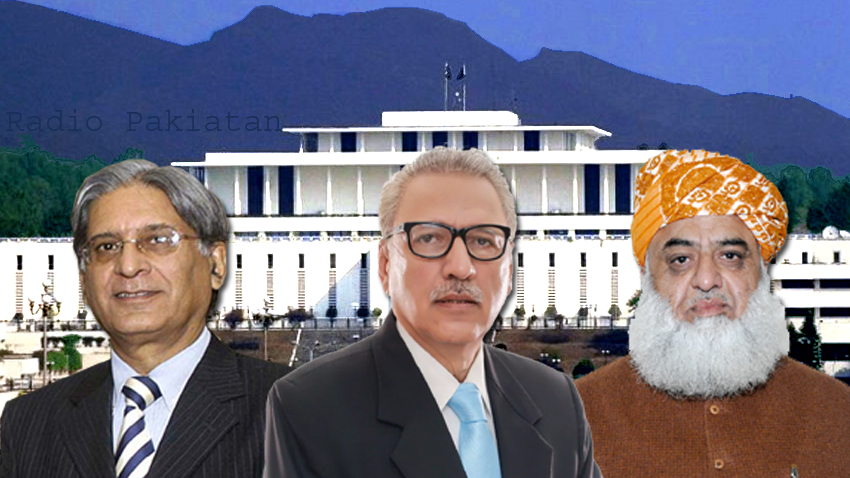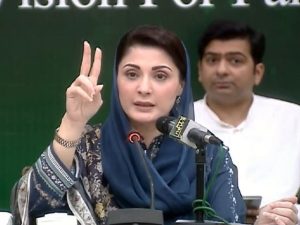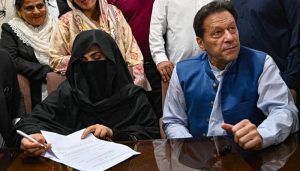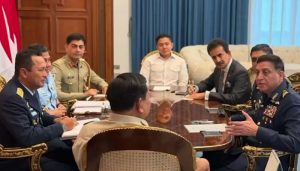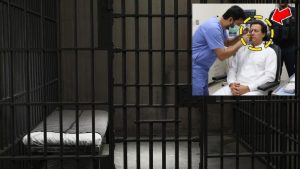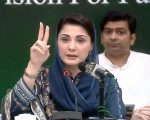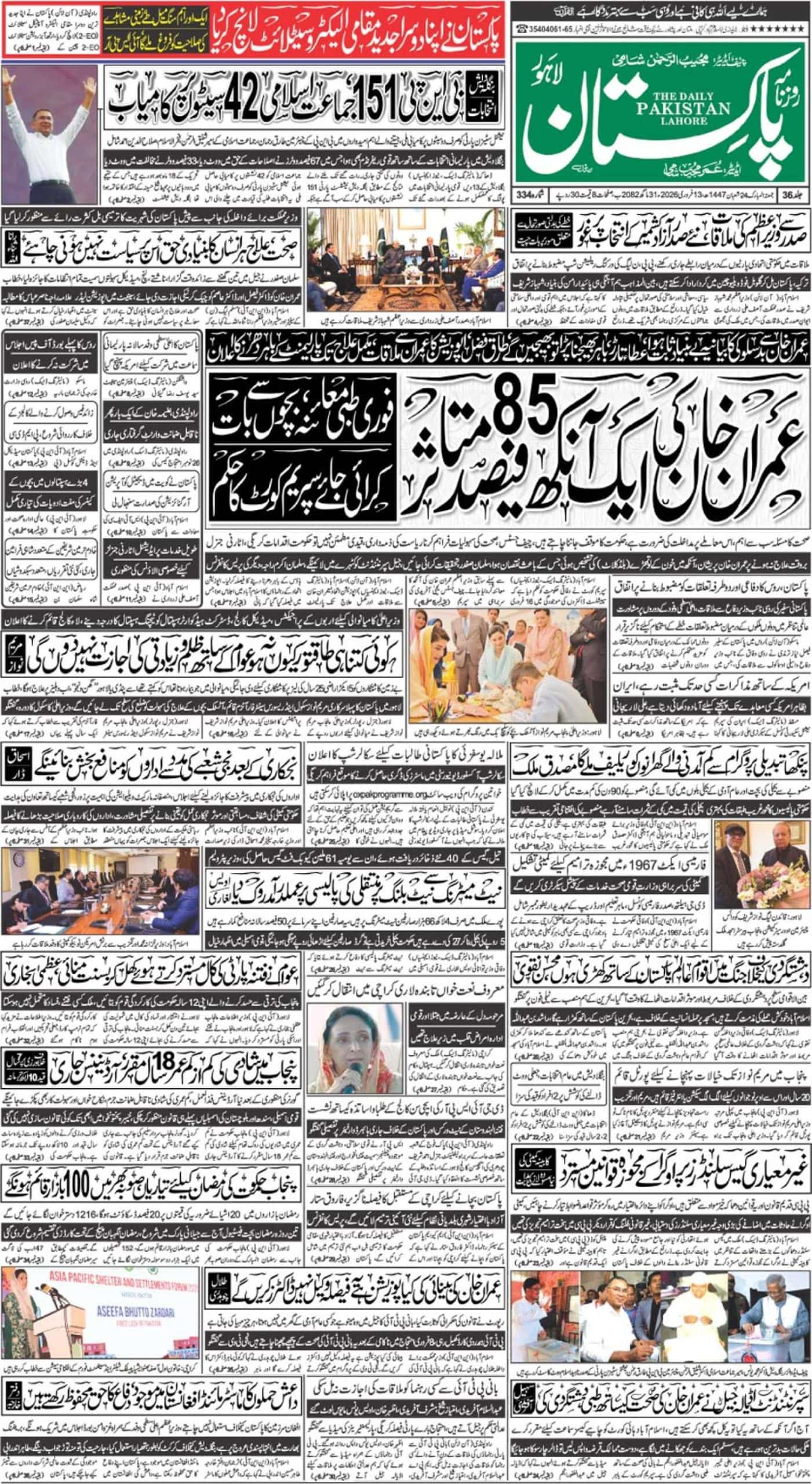ISLAMABAD – Polling for the election of 13th President of Pakistan for next five years concluded peacefully on Tuesday.
Arif Alvi of Pakistan Tehreek-e-Insaaf (PTI), Aitzaz Ahsan of Pakistan Peoples Party (PPP) and PML (N) backed Maulana Fazlur Rehman were vying for the seat and a vote count has begun.
Chief Election Commissioner Justice Sardar Muhammad Raza served as returning officer and high court chief justices as presiding officers.
Five presiding officers appointed by the ECP for conduct of presidential election included Islamabad High Court Chief Justice for Senate of Pakistan and National Assembly, Lahore High Court Chief Justice for Provincial Assembly of the Punjab, High Court of Sindh Chief Justice for Provincial Assembly of Sindh, Peshawar High Court Chief Justice for Provincial Assembly of Khyber Pakhtunkhwa and Balochistan High Court Chief Justice for Provincial Assembly of Balochistan.
The voting started at 10 am and winded up at 4pm.
PTI candidate for the position of President, Dr Arif Alvi claimed on Tuesday that he also enjoyed the support of the opposition members.
https://en.dailypakistan.com.pk/pakistan/arif-alvi-claims-support-of-opposition-members-as-voting-for-presidential-polls-kicks-off/
Speaking to the media an hour before the start of polling, Alvi said he wont’t become an inactive president and would try to resolve issues like water scarcity, health and justice as president of the country.
How is a president elected?
A president is elected in a special session of the parliament, senate and all four provincial assemblies in accordance with Article 41 (3) of the constitution. The 13th President of Pakistan will be chosen by an electoral college of 706 votes of lawmakers, including 104 senators, 342 members of the national and 260 of the provincial assembly on September 4.
In order to ensure equal representation, all provincial assemblies are given 65 votes each in the electoral college.
Each member of the National Assembly gets one vote as do Senators. 5.70 Punjab parliamentarians makeup 1 vote, 2.58 in Sindh, 1.90 in Khyber Pakhtunkhwa, while MPAs in Balochistan, the smallest assembly, get one vote each.
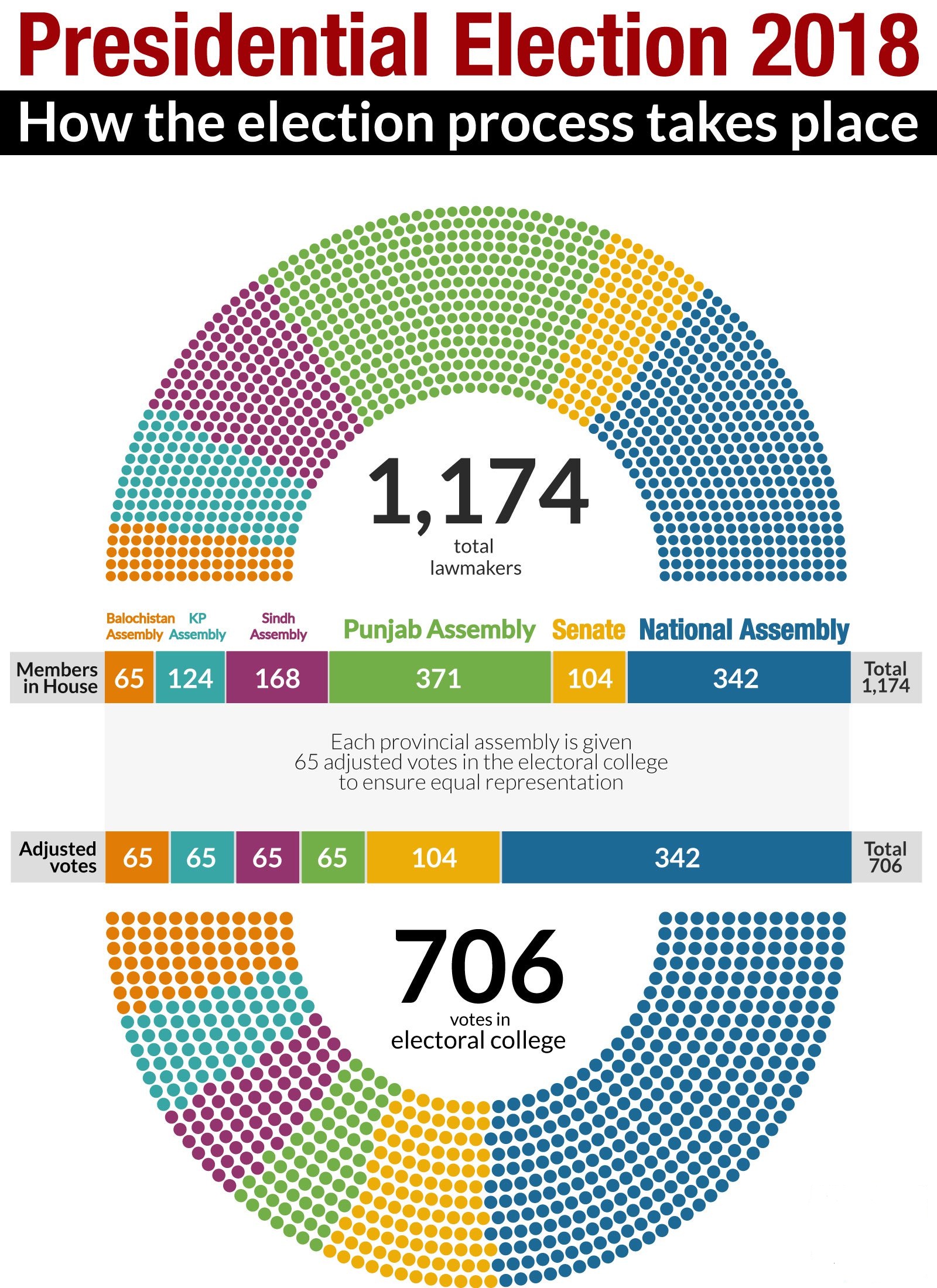
Who will win?
Arif Alvi is likely to poll a total of 337.91 votes (excluding the undecided independents in each house). Maulana Fazl-ur Rehman is expected to receive 199.1, while Chaudhry Aitzaz Ahsan could be picking up 115.44 votes.
Profiles of All Three Candidates
Dr Arif Alvi
Even during his student years, Arif-ur-Rehman Alvi had an inclination towards politics. While studying at the De’Montmorency College of Dentistry in Lahore, he was an active member of student unions protesting against the then-President Gen. Ayub Khan. Later, in 1979, he decided to run for office as a candidate of the Jamaat-e-Islami, for a provincial constituency in Karachi, his hometown.

The dentist tried his luck in the political arena again in 1996. That year, he joined the lesser-known and fledgeling political party lead by the cricket star, Imran Khan. Soon after, he was appointed the president of the Sindh chapter of the Pakistan Tehreek-e-Insaaf (PTI), and then the secretary-general as the party’s ranks swelled.
While he contested the general election in 1997 and 2002, he was only successful in 2013, when he picked up NA-250 in Karachi. In the July 25 ballot, he again contested and won the redrawn constituency of NA-247 in Karachi, with over 90,000 votes.
Chaudhry Aitzaz Ahsan
Chaudhry Aitzaz Ahsan was born on September 27, 1945, in Murree. He completed his initial education at Aitchison College and then enrolled at Lahore’s Government College. He later left for Downing College in Cambridge. In 1967, he completed his bar from Gray’s Inn.

Ahsan has been a member of the Pakistan Peoples Party (PPP) throughout his long political career. He was appointed the planning and development minister for Punjab in 1975. In 1988, he was elected to the national assembly, after which former Prime Minister Benazir Bhutto gave him the portfolio for the Ministry of Interior.
The barrister sat in the upper house, the Senate, for the first time in 1994. During Benazir Bhutto’s second government, he was made the federal minister for law, justice and human rights. In 2002, he was once again elected as a member of the parliament.
His last tenure as a senator was between 2012 and March 2018.
Outside of the political arena, the lawyer is known for being an articulate speechmaker. He is also a poet and a published author.
Ahsan has the unique distinction of defending two prime ministers in court, Benazir Bhutto and Mian Nawaz Sharif. He has also served as the president of the Supreme Court Bar Association between 2007 and 2008.
Maulana Fazl-ur Rehman
Rehman has a strong political pedigree. His father (Mufti Mahmood) was an Islamic scholar and seasoned politician, who previously served as the chief minister of the North West Frontier Province, later renamed Khyber Pakhtunkhwa. After his father’s death, he was elevated to the post of secretary general by the Jamiat Ulema-e- Islam (JUI). In the 1980s, the political party splintered and Rehman founded his own faction, the JUI-F.

Contesting a parliamentary seat for the first time in 1988, he won from his home constituency of DI Khan, in KP. Thereon began a staggering electoral stint. The 65-year-old has been elected to the national assembly six times since 1988. In fact, in 2002, an alliance of political parties he put together formed the government in Pakistan’s north-western province. The year, he was also touted as a potential candidate for the prime minister’s office. When unsuccessful, he sat in the lower house as the leader of the opposition.
Rehman faced his first electoral defeat, in a general election, in July, when he lost to a PTI candidate in NA-38, DI Khan.
The JUI-F leader has also survived two assassination attempts.

